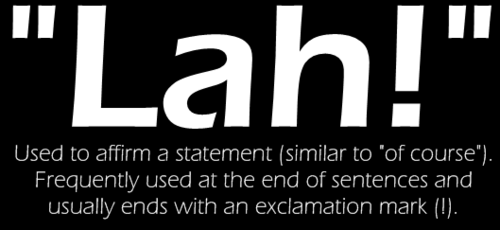Decoding Singlish – Your way to Singapore
Singapore is a wonderful city to live in. It is modern, clean, environmentally friendly, extremely efficient, and is home to very friendly and hard-working people. But the minute you talk to your taxi driver outside the airport, you’ll realise that you might need at least a few weeks to get used to the local accent.
If you know Mandarin or Tamil, you can fit in easily. But even otherwise, the city is enveloping and welcoming with its own version of English – Singlish.
English is widely spoken in Singapore. However, you will find Singaporeans’ speech peppered with Singlish. Singlish is a portmanteau word made from the conjunction of “Singapore” and “English”. So, what does understanding Singlish entail?
“Three dollar only, dis one,” a street vendor might say to you in Singapore. A local might reply, “Wah! So expensive one, cannot leh.”
There’s L.A., there’s the Oscar winning La La Land, there’s the immortal “la la la” song, there’s the rock band from Liverpool — but there’s no “lah” like the one in Singapore.
The word “lah” can be, and often is, added to the end of any sentence in Singapore.

Despite using Singlish, the locals understand that it is a sign of localising an international (and originally a foreign) language, and them speaking their own variant of English. They are aware that they do not valorise its standing or exaggerate its importance.
Therefore, it shouldn’t be confusing when you hear a Singaporean switching between English and Singlish. Some of the phrases you will commonly come across are: Can lah – It can be done, Cannot lah – It cannot be done, Dat one finish oreddy – That one has finished already. Here’s a quick guide to some other phrases that’ll help you decode the language:

Singlish is not used in everyday formal business interactions, presentations, meetings, or job interviews. However, if your audience largely comprises of locals, Singlish may be used to build rapport and inject humour. You cannot escape it when you interact with taxi drivers, hawkers and shop keepers. Master your Singlish and gain a better chance at impressing the locals. After all, networking does go a long way!



